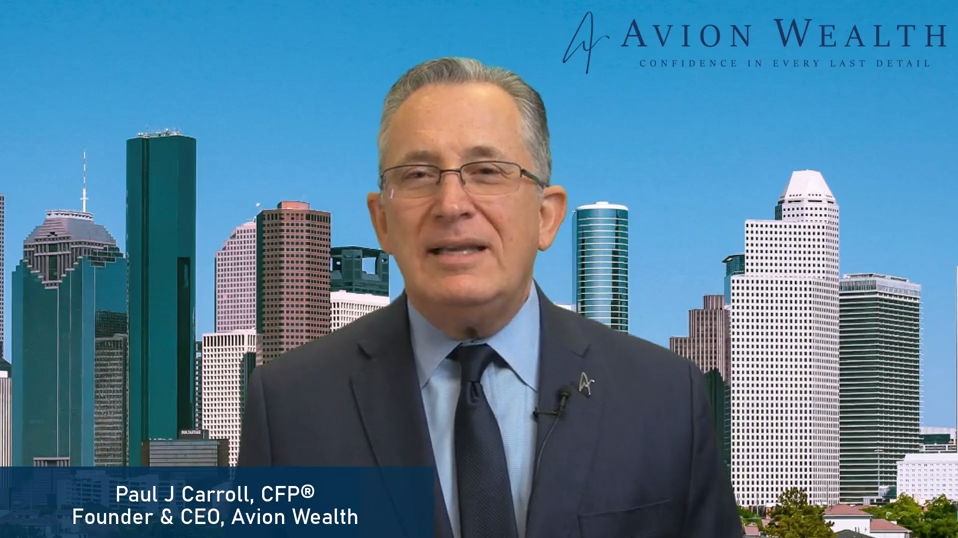
Last week, it was announced that we're actually in a recession. Is it a technical recession? Just how bad is it? There's a lot of different definitions of recession and the most technical one is “two successive quarters with negative GDP”. That's the technical definition that has been met. However, most definitions include some combination of the following: high interest rates and/or high inflation, along with a drop in GDP and a significant rise in unemployment. We haven't really run into high interest rates (by historical standards) yet. Without a doubt, in the short term we have high inflation. What we're hoping is that the Fed's on this, and this is a speed bump. To be determined of course. Much more important, unemployment at the end of the last quarter was 3.6%. Now in February 2020, we had historically low unemployment. It was 3.5%. So for most people, this...
Read More


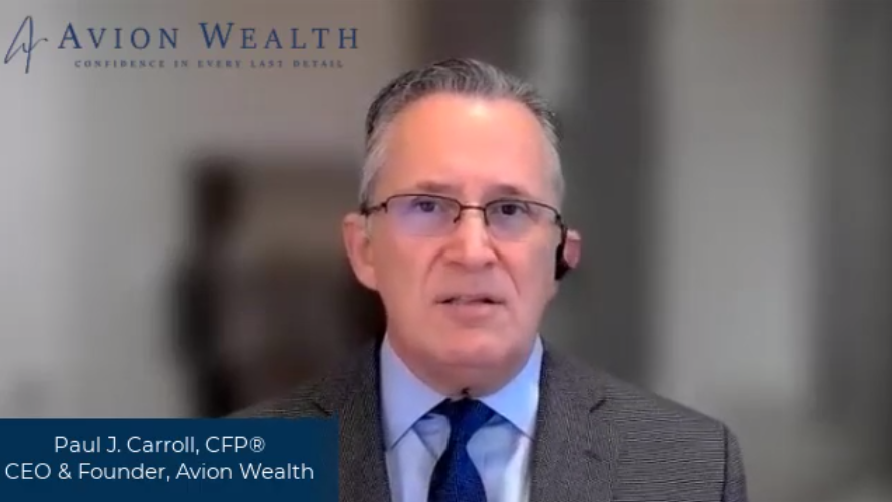
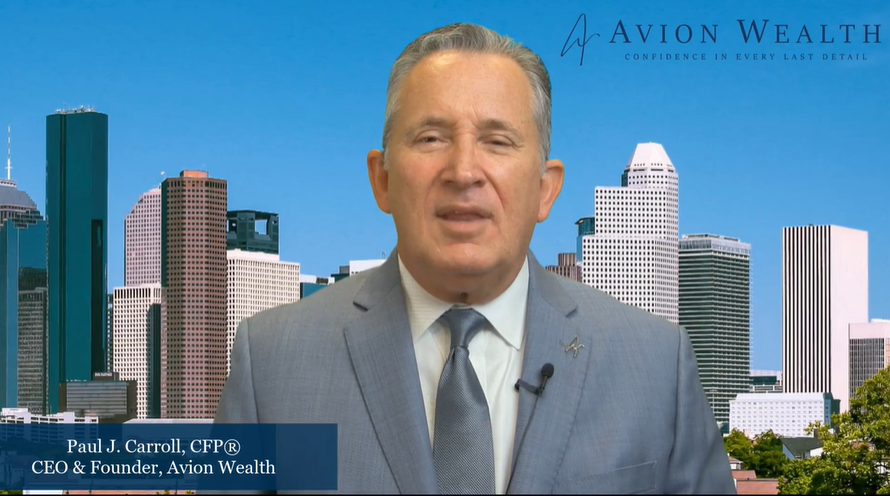
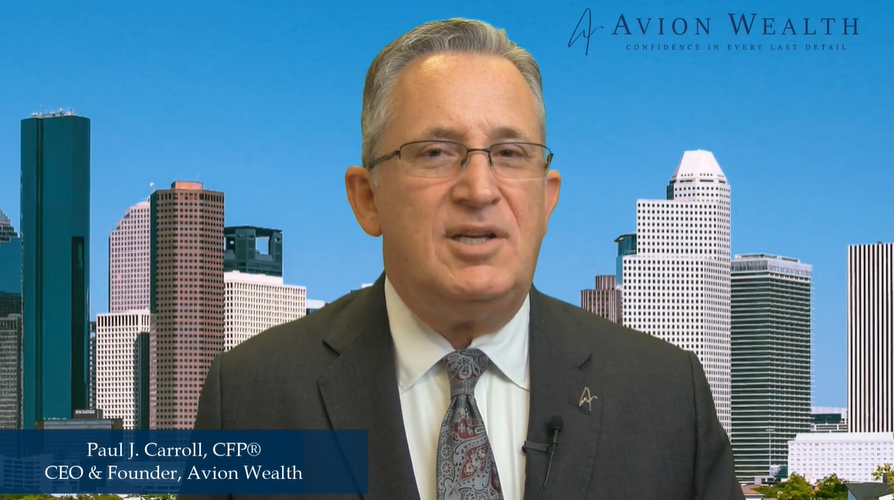
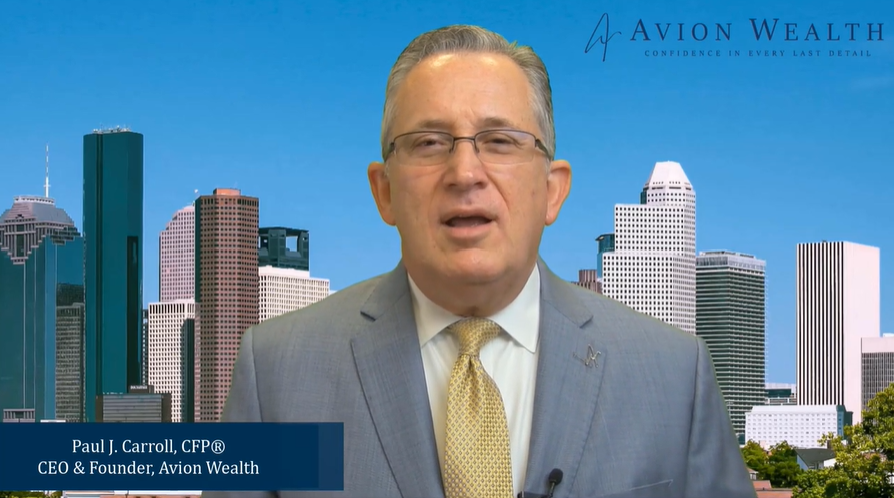
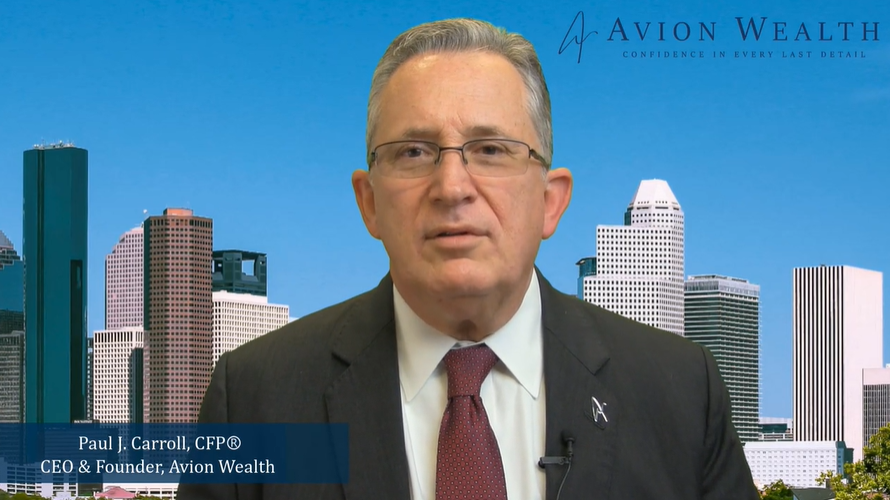

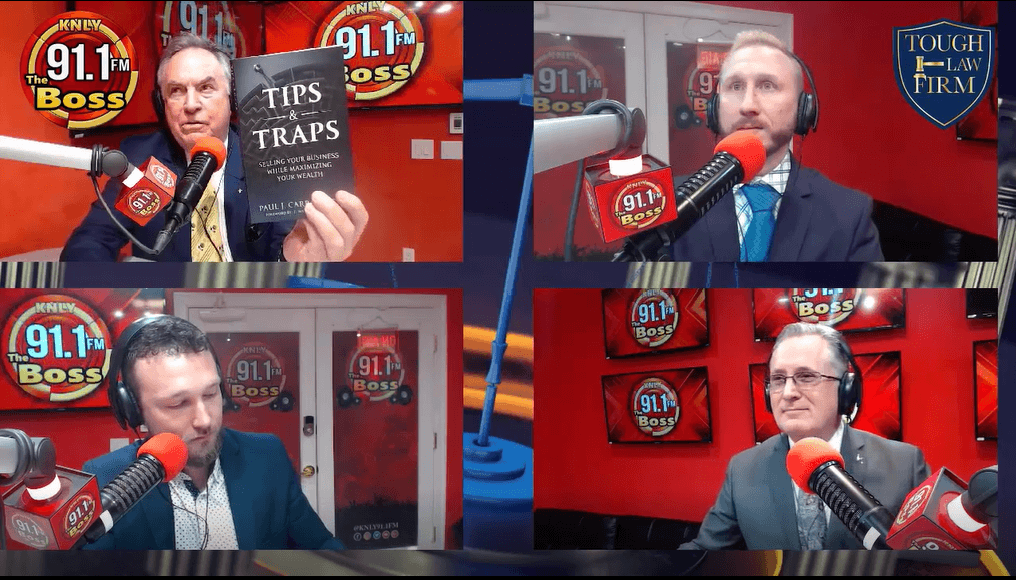
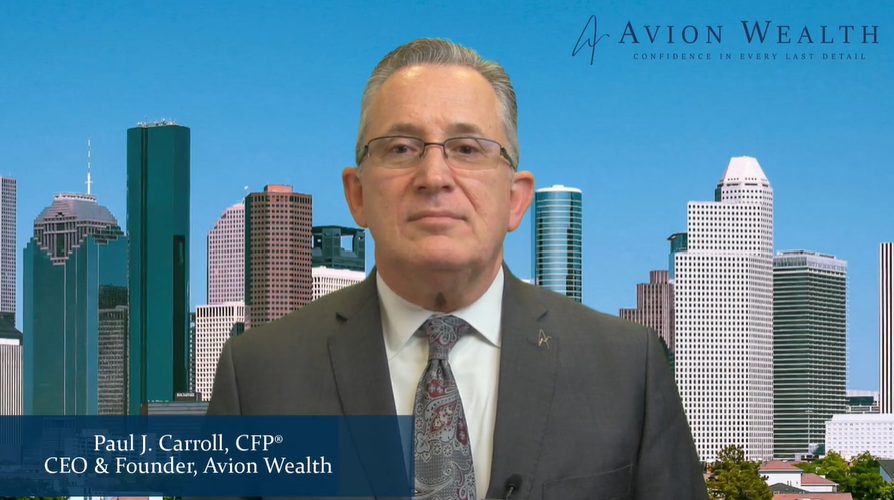
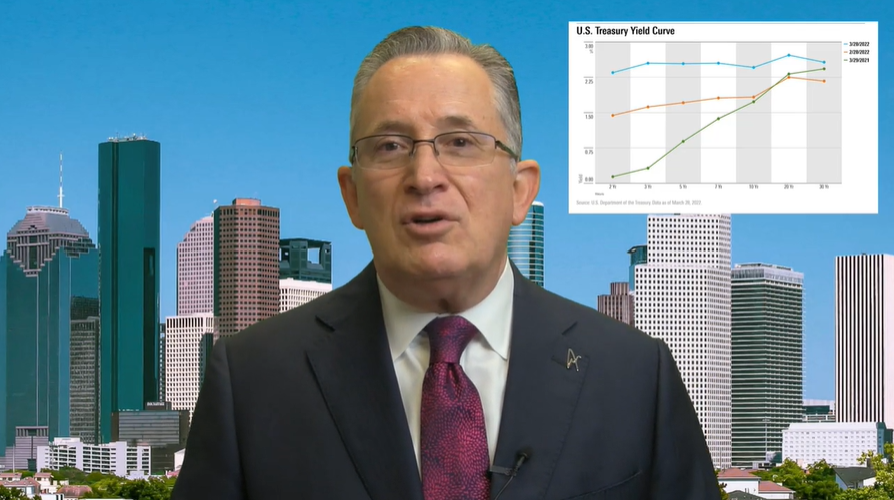



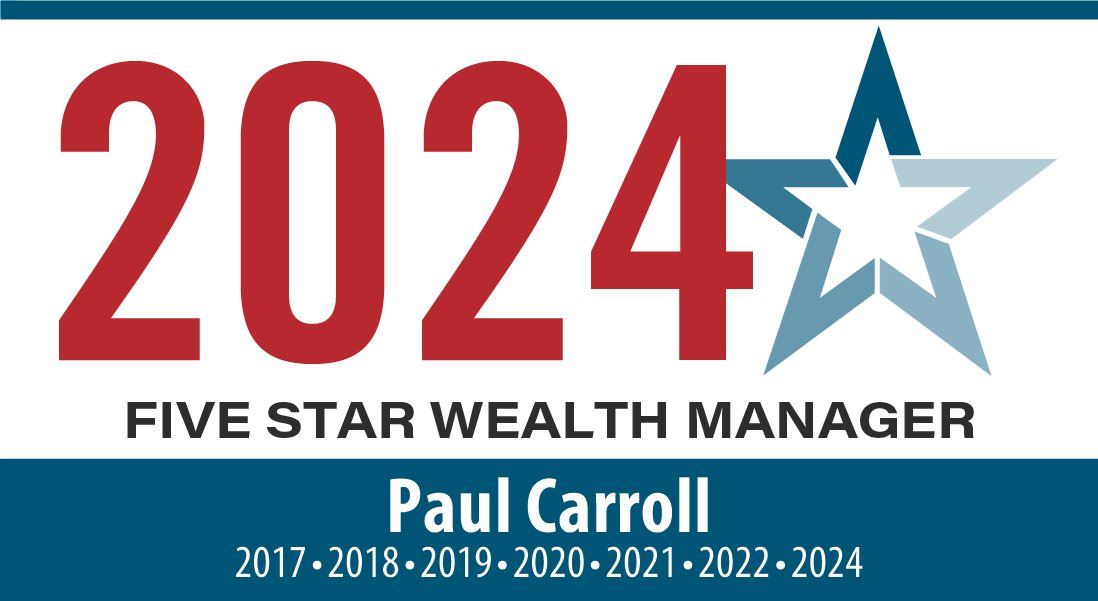

Recent Comments